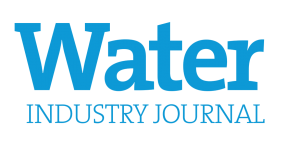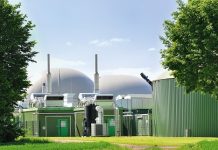A hard-hitting report has predicted that, with more wild weather forecast, access to safe water is going to get harder for the world’s poorest communities.
Wild Water, released by the UK charity Wateraid, says that climate change will mean fiercer storms, heavier floods and longer droughts at a time when 80% of the global population already faces threats to its water security which puts at risk livelihoods, health and well-being.
It says that half a billion people currently live in rural areas without access to safe water and that unpredictable rains can destroy fragile infrastructure, whilst prolonged droughts dry up rivers and ponds.
With contaminated water and a lack of decent toilets, the spread of diseases such as cholera and malaria are fast on the heels of natural disasters.
Papua New Guinea, Madagascar and Mozambique are among the worst performing countries in the world for rural access to clean water.
The rural populations of Mozambique is an example. Over the past two years, both severe flooding and devastating droughts have hit the country, leaving millions of people in dire need of humanitarian assistance.
Julietta Chauque, 42, from Marien Ngouabi in Mozambique, said: “Our only hope is farming and without rain there is no farming, no food, and no means to survive and feed my children. I normally have to pay for water, but it is very difficult with no way to raise money.”
Wateraid, whose backers include UK water companies, says that the forecast is bleak but that simple infrastructure can help mitigate the dangers of extreme weather events.
A community with a well-maintained water source, such as a rainwater collection system, is much more likely to survive a drought. Well-built toilets help prevent the spread of human waste and reduce the risk of waterborne diseases.
Wateraid says that progress is being made in countries like Cambodia and Malawi – where 89% of the rural population now have access to safe water – but that those efforts could be undone if efforts aren’t made to strengthen infrastructure and make water and sanitation services more resilient to climate change.
WaterAid is calling for more public and private financing of water, sanitation and hygiene. You can read the full report at www.wateraid.org/uk/news/news/stormy-times-ahead-for-worlds-poorest





